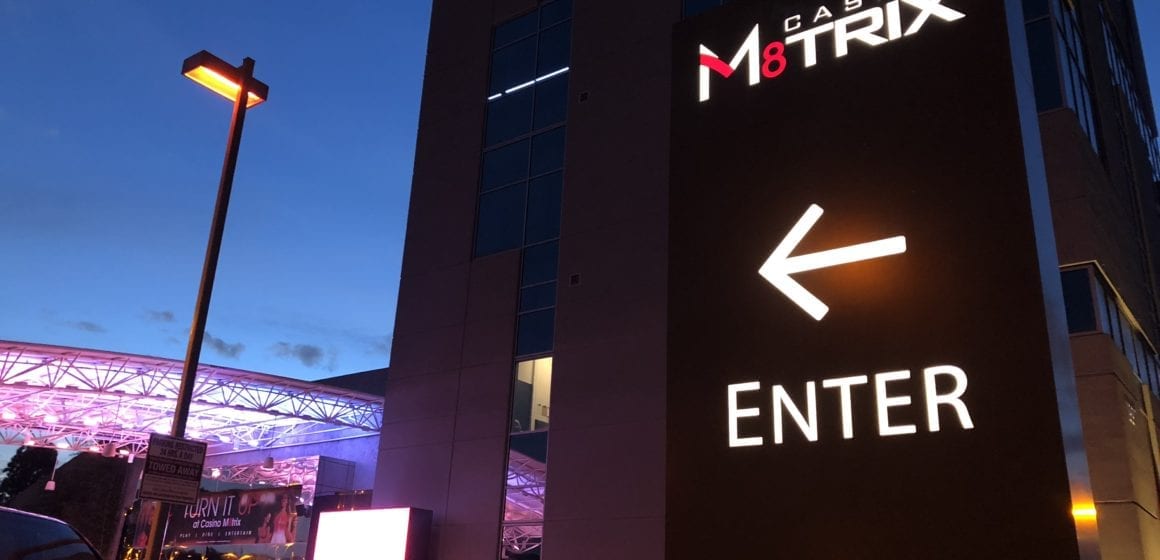When shuttered blackjack and poker tables finally reopen in San Jose, card rooms could face a tax increase city officials hope might help close a looming budget deficit.
The San Jose City Council on Tuesday will consider asking voters in November to increase taxes on card rooms’ monthly revenues, earnings of third-party “prop” players and to increase the number of table games citywide.
If the November ballot measure is approved, card room taxes would rise from 15% to 16.5% and, along with other measures, would generate $15 million annually for the city’s general fund. The new tax doesn’t apply to organizations that earn less than $10,000 a month in revenue.
The plan would also allow each of the city’s two casinos to add 15 tables – a total of 30 additional tables citywide – something the casino operators have been asking City Hall to do for years. Adding more table games requires voter approval, according to the city’s gaming policy.
San Jose leaders say City Hall critically needs additional revenue, especially given the need for disaster preparedness, homeless services and public safety amid the ongoing pandemic.
The tax hike would impact Bay 101 and Casino Matrix – the city’s only card room establishments, which typically do not offer slot machines, video poker, craps, roulette or other casino table games.
While social distancing requirements will likely suppress previous performance benchmarks, city officials hope the extra card tables might boost earnings by $9 million a year, adding to the expected annual tax revenue of $2 million from the higher taxes. The additional tax on third-party providers is estimated to collect $4 million annually.
The proposed tax would take effect Jan. 1, 2021.
-

Graphic courtesy of the city of San Jose.
In 2018-2019, the card room tax generated approximately $18.9 million to support general city services such as public safety, libraries and parks, according to city documents. In February, tax revenues for this year were on pace to generate $18.9 million, but that number plummeted to $13.5 million after the COVID-19 pandemic closed casinos and forced residents to stay home.
That’s an anticipated 28% drop compared to last year’s revenue, but the city’s adopted budget still includes $17.1 million from card rooms.
In the game of taxation, San Jose keeps raising
After years of delay, Bay 101 dealt its first game in September 1994, while Casino Matrix opened in 1946 under the name Garden City Casino. This isn’t the first time card room taxes have fluctuated since then.
In San Jose, gambling has become an increasingly regulated industry. In the 1950s, for example, the city offered 15 card room licenses, but that number is now capped at two.
In 2010, voters approved Measure K, which increased taxes from 13% to 15%, and bumped up its cap of 40 card tables to 49 per establishment. The potential 2020 ballot measure is the first time in a decade that the casino owners can increase their table counts.
Ron Werner, general manager of Bay 101, did not respond to requests for comment.
Robert Lindo, vice president and director of Casino Matrix, said his team is entirely focused on reopening. He declined comment on the plan to raise card room taxes.
According to city documents, polling shows the measure would have a “strong likelihood of being viable” in November.
“Given the serious needs San Jose faces, with a variety of issues, including disaster preparedness, homelessness, and fire station staffing, the Administration recommends that the Council place this potential measure on the November 3, 2020 ballot,” Lee Wilcox, chief of staff to the city manager, wrote in a memo.
The cost to place the measure on the ballot is $1.6 million, according to City Clerk Toni Taber. San Jose has budgeted enough money in its coffers to pay for two ballot measures this year.
Contact Katie Lauer at [email protected] or follow @_katielauer on Twitter.



Leave a Reply
You must be logged in to post a comment.